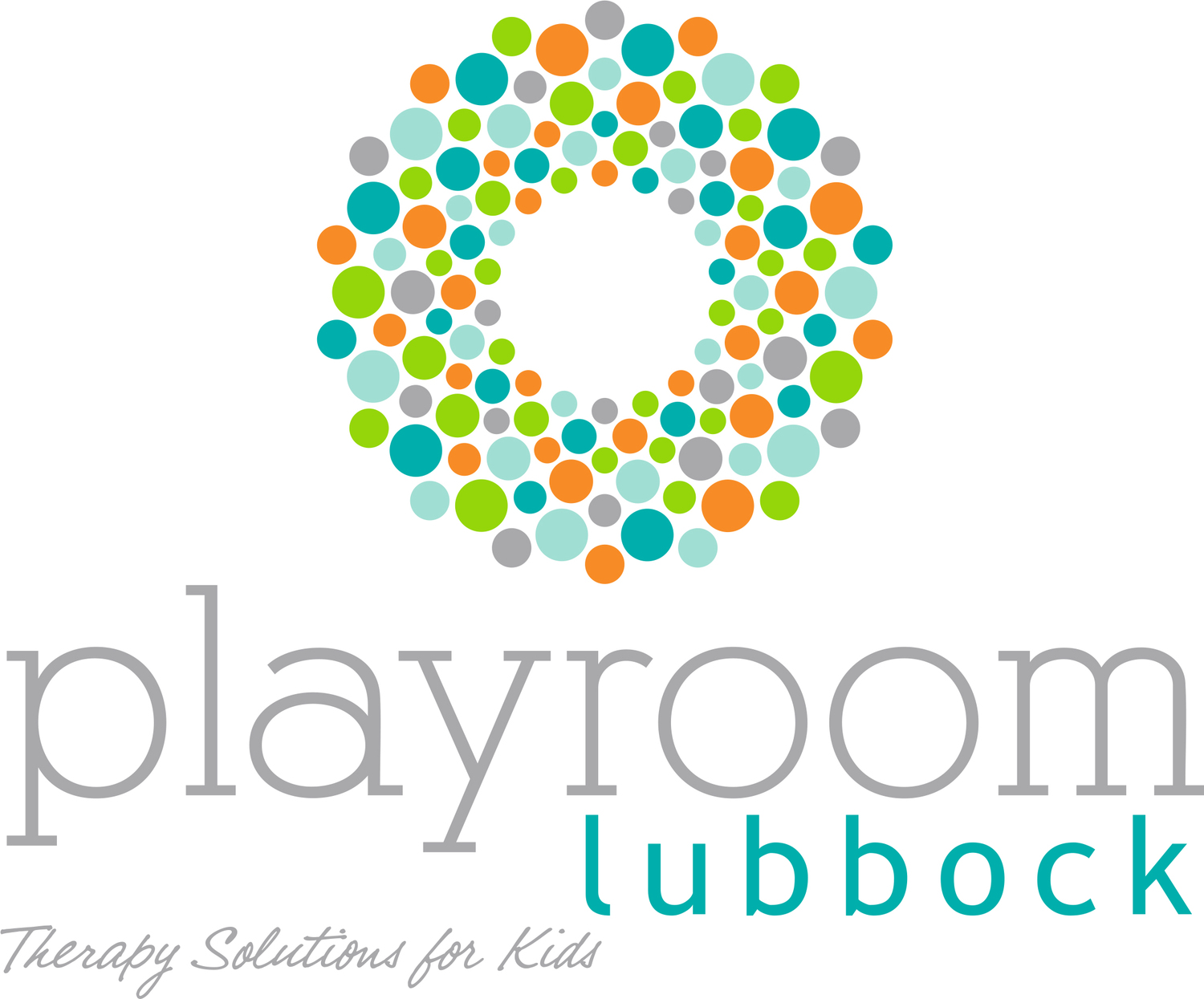A few words on what to do when you don't know what to do. The following blog post is suitable for anyone who has a relationship in any capacity with someone else. I hope that keeps it broad enough. In my practice I facilitate strengthening the parent/caregiver/child relationship. However, the following same principles apply to romantic relationships, friendships, teacher/student interactions, workplace relationships, etc...
It's not often that I quote myself, but when I do, it's because I struck a chord I needed to hear myself. In parenting or in other relationships we may find ourselves at a loss, confused, desperate, hopeless, discouraged, or hurt. It's in those times that we should respond with love and connection.
How do goals of behavior affect our responses?
I frequently talk with parents about a child's goals for misbehavior--that behavior is goal directed and children are trying to fulfill a need. Adults do the same thing except our misbehavior looks differently, but is rooted in the same needs.
In our relationships and interactions with others, we automatically assign a story to our beliefs about ourselves, about others, and about our situations. These beliefs will trigger emotions which trigger a reaction. This reaction is trying to fulfill a need.
When we are are feeling discouraged, challenged, hurt, confused, or hopeless in our relationships, it would serve us well to reflect on what might be the other person's goal and what might be our goal.
Power/Control, Inadequacy/Fear of Failure, Revenge, Attention
1. Goal: power and control. The belief behind power/control is: I belong or I am valued when I am in control or proving no one can boss me.
2. Goal: avoid inadequacy. The belief behind inadequacy/fear of Failure is: I don't believe I can belong so I'll convince others not to expect anything from me. I am helpless and unable. It's no use trying because I won't do it right. OR I will do everything I can to avoid being perceived as inadequate.
3. Goal: hurt, get even. The belief behind revenge is: I'll hurt others as I feel hurt. I can't be liked or loved.
4. Goal: attention. The belief behind attention is: I am valued only when I am being noticed. I'm only important when I'm keeping you busy with me.
What's the best response?
To change a negative attitude you're holding about an individual, you'll need to uncover the underlying belief or goal that's creating your unhappy feelings. Begin by asking whether you believe people, in general, are doing the best they can. Researcher Brene Brown has discovered that believing that you and others are doing the best you can requires compassion. "You may not be absolutely sure about the intention behind someone's behavior, including your own. But being compassionate is about cultivating the attitude that normally people do their best with the tools they have. Compassion allows us to believe that we can all learn from our mistakes, enabling us to grow and change." (ThePropelPrinciples.com)
What's the most generous possible interpretation of the intentions words, and actions of others? (Brene Brown)
Equally, what's the most generous possible interpretation of our own actions?
1. Identify goals of behavior with the most generous possible interpretation.
2. Evaluate whether your reaction is responding to their need/goal AND whether your reaction is self serving your goals of behavior. Are you reacting out of your own sense of inadequacy, need for control, from feeling hurt, or to be recognized?
When in doubt, do something that connects or communicates love.
When we feel at a loss for an appropriate response or don't have the time or emotional energy to calculate goals or beliefs, respond in a way that connects, preserves a relationship, or communicates love. (Remember, another person's response to your extension of connection does not determine your adequacy or value).
Offering connection or love does not imply permissiveness nor does it allow someone to take advantage of or walk all over you. Brene Brown recommends Living BIG: Boundaries, Integrity, Generosity. "Setting boundaries means getting clear on what behaviors are okay and what's not okay. Integrity is the key to this commitment because it's how we set those boundaries and ultimately hold ourselves and others accountable for respecting them." (Brene Brown, Rising Strong).

